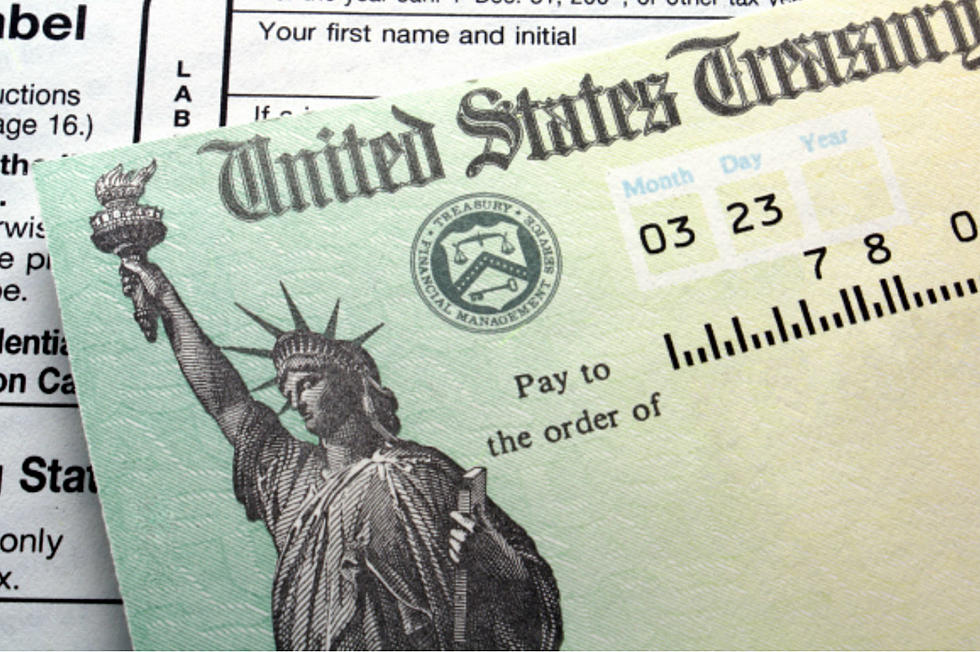
Big new tax deduction offered for NJ filers
📚 Parents saving for college may be able to take advantage of a new tax break for 2022
📚 NJ is changing what qualifies as a "qualified education expense"
📚 There are other tax breaks for sending kids to college
New Jersey is offering this big new tax deduction this year.
For the first time, you are eligible to deduct an up to $10,000 contribution into New Jersey Better Educational Savings Trust, commonly known as NJBEST.
NJBEST is a state of New Jersey sponsored 529 college savings plan. For more information about NJBEST, click HERE.
Under The New Jersey College Affordability Act passed by the state legislature, the deduction can be claimed for taxpayers with gross income under $200,000.
There are also changes in how you can use the money you have saved in that NJBEST account.
Thomas McCabe, CPA/PFS, CEO of Alliance Wealth Management Group in Flemington points out, "It used to be just college, now you can withdraw up to $10,000 a year for tuition at a K-12 private school."
The federal government does not offer a tax deduction for 529 savings plans (including NJBEST), but McCabe says there are still tax benefits.
When you take the money out to pay for education, you will not pay tax on the growth.
"For example, if you set aside $10,000 for education expenses," McCabe explains, "And that grew to $15,000, you would not pay tax on that $5,000 if it was used for a qualified education expense."
New Jersey also still offers exemptions for dependents attending College.
The state allows you to claim an additional $1,000 exemption for each dependent student if all the requirements below are met.
📗 Student must be claimed as a dependent on the tax return.
📗 Student must be under age 22 on the last day of the tax year.
📗 Student must attend full-time. (Full-time is determined by the school.)
📗 Student must spend at least some part of each of five calendar months of the tax year at school.
📗 The educational institution must be an accredited college or post-secondary school, maintain a regular faculty and curriculum, and have a body of students in attendance.
📗 You must have paid one-half or more of the tuition and maintenance costs for the student. Financial aid received by the student is not calculated into your cost when totaling one-half of your dependent's tuition and maintenance. However, the money earned by students in college work study programs is income and is taken into account.
Note: You cannot claim this exemption for yourself, your spouse, or your domestic partner.
New Jersey is also offering two additional education related deductions on your state income tax returns this year.
According to the New Jersey Division of taxation, taxpayers with income under $200,000 may also deduct:
💲 The amount of principal and interest paid on student loans under the New Jersey College Loans to Assist State Students (NJCLASS), up to $2,500;
💲 Tuition paid to an in-state higher learning institution for enrollment or attendance, up to $10,000.
The changes may be welcome news for those saving for college, but New Jersey still offers no deductions for other types of investments, such IRA and Keogh Plan contributions.
Eric Scott is the senior political director and anchor for New Jersey 101.5. You can reach him at eric.scott@townsquaremedia.com
Click here to contact an editor about feedback or a correction for this story.





